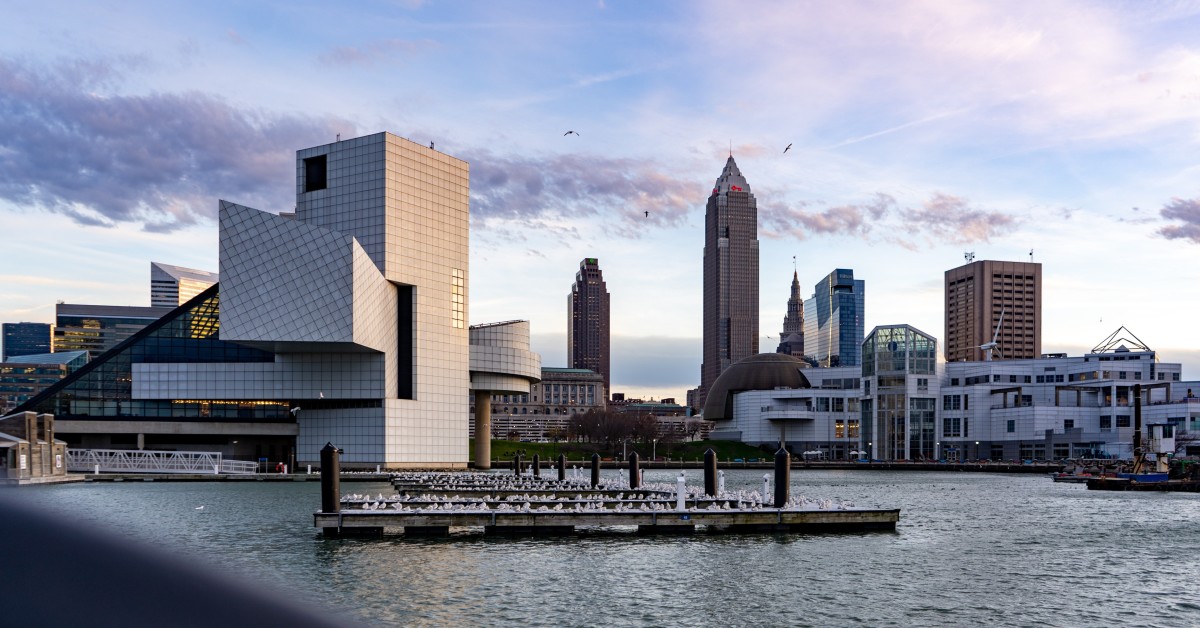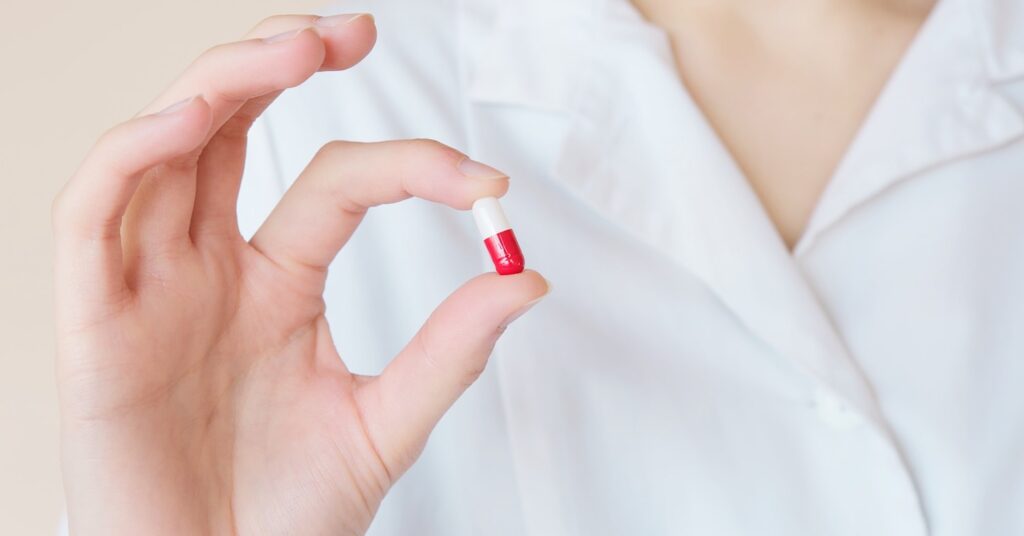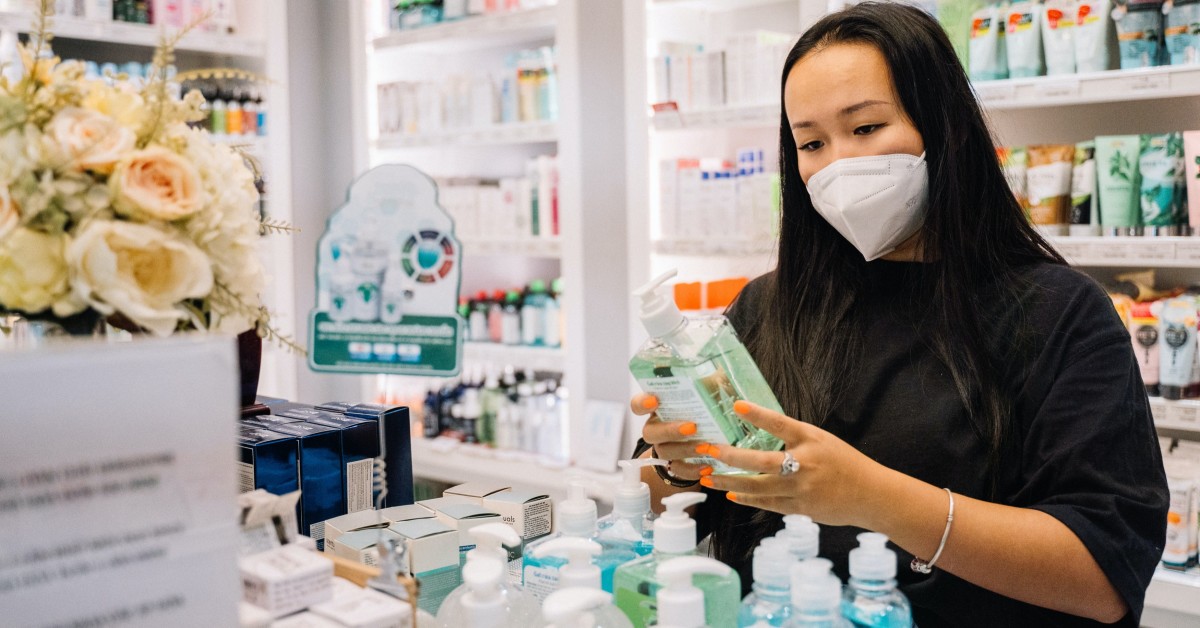
Types of Funding for Startups
Did you know that the governments provide significant funding for [...]

Believe it or not, there was a time when pharmaceutical advertisements appeared only in medical journals. All that changed in 1997, when the Federal Drug Administration relaxed regulations to permit pharmaceutical companies to market their drugs directly to consumers.
This form of marketing clearly proved effective, as evidenced by the up to $7 billion pharmaceutical companies spend on advertising each year. These days it’s impossible to watch television without seeing a plethora of ads for medications that treat myriad conditions (always accompanied by long lists of potential side effects).
Limited studies suggest that viewers don’t pay much attention to the drug risk information that accompanies a medication. Fortunately, they have a trusted source for that information: their local pharmacist.
Pharmacists are overwhelmingly trusted by the general public even though most people are unaware of the full range of services they provide. Their role in healthcare goes far beyond counting out pills and flagging a drug’s contraindications. Pharmacists not only dispense prescribed drugs but also instruct people in the safe use of their medications, provide vaccinations and health screenings, supervise the administration of drugs to patients in medical settings, and provide advice on healthy lifestyles.
If you’re wondering is it hard to become a pharmacist, this article answers that question and covers:
To start your pharmacy career, you should pursue an undergraduate degree in one of the “pre-pharmacy” majors: chemistry, organic chemistry, biology, biochemistry, or health sciences (pre-med is another option). Undergraduates certain of their career goals can enroll in a six-year BS to Doctor of Pharmacy (PharmD) program while you are still an undergrad. There even are pharmacy tracks you can apply to right out of high school, where you attend a pre-pharmacy program for two to three years and then earn your PharmD over an additional four years.
Once you have a qualifying degree in hand, you need to choose which Doctor of Pharmacy program (make sure they’re accredited by the Accreditation Council for Pharmacy Education (ACPE)) and take your pharmacy college admission test (PCAT). (You also can pursue a PhD in pharmacology if you want to specialize in pharmacology research.)
After completing your course of study and earning your PharmD, you might opt to enter a two-year residency program for specialized clinical training in areas like ambulatory care, cardiology, critical care, emergency medicine, geriatrics, infectious diseases, informatics, internal medicine, oncology, pediatrics, and pharmacotherapy.
Either way, you must pass the North American Pharmacist Licensure Exam (NAPLEX) and the Multistate Pharmacy Jurisprudence Exam (MPJE) and obtain any other state-specific credentials before you can practice.
If you hold a bachelor’s degree in a relevant science, it takes four years of study to earn a PharmD.
If you’re a high school graduate and want to become a pharmacist, Bachelor of Science to PharmD programs typically take six to seven years to complete (two to three years in an undergraduate pre-pharmacy program followed by four years in a PharmD program).
On various online forums, the most common answer to this question is that pharmacy school is rigorous and demanding—but not impossible if you’re thoroughly committed to earning your PharmD. After the first year of study, approximately 15 percent of Doctor of Pharmacy students drop out. But the intensity of the coursework is said to be excellent preparation for the job itself, which requires attention to detail, the ability to multitask under pressure, and extensive pharmaceutical and medical knowledge and skills.
Pharmacy students must master a number of different pharmaceutical sciences, including pharmacotherapy, pharmacokinetics, and pharmacodynamics, as well as such job-specific skills as compounding (the process of “combining, mixing, or altering ingredients” to fashion a medication to specific needs of a patient).
Pharmacy students note that the challenge isn’t necessarily the difficulty of the material they’re learning so much as the volume and intensity of the coursework. They need to memorize a great deal of information and are assigned numerous projects. Pharmacy students engage in extensive lab work and must attend workshops and guest panels. They’re required to spend time in pharmacies in clinical rotations and perform community service. (Some of this may be explicitly laid out in the curriculum, but many students indicate that there is also implicit pressure to go the extra mile with these assignments.)
An American Journal of Pharmaceutical Education (AJPE) article asked pharmacy students to discuss the best ways to cope with the significant pressure and workload of a Doctor of Pharmacy program. Here’s what they said:
The U.S. Bureau of Labor Statistics (BLS) forecasts that pharmacy jobs will grow by 2 percent between 2021 and 2031, which translates to approximately 13,600 pharmacist openings each year during this period (due to attrition or retirement).
Below are some of the most common positions for PharmD holders:
Given the challenges pharmacy school poses, prospective students may well look for ways to make this process more manageable. An online Doctor of Pharmacy program can help. Online study offers flexibility regarding when and how you learn. It also provides the opportunity to study at a school far from your home without actually relocating.
Online programs feature both synchronous coursework, in the form of online classes, and asynchronous content, such as videos, online exercises, and specially designed apps.
One issue that arises with online pharmacy programs involves the significant amount of in-person work that pharmacy programs require. This is addressed either by having the student spend limited periods on campus for certain activities or, in the case of long-distance study, arranging for their clinical rotations at an appropriate venue near them.
(Last Updated on February 26, 2024)
Questions or feedback? Email editor@noodle.com

Did you know that the governments provide significant funding for [...]

Becoming a pharmacist requires a good deal of schooling: a [...]

Pharmacy is not only a science; it's also a business. [...]

The highest paying pharmacists jobs are in-store pharmacist (average salary: [...]

If your goal is to pursue a Doctor of Pharmacy [...]
Categorized as: Medicine, Nursing & Healthcare